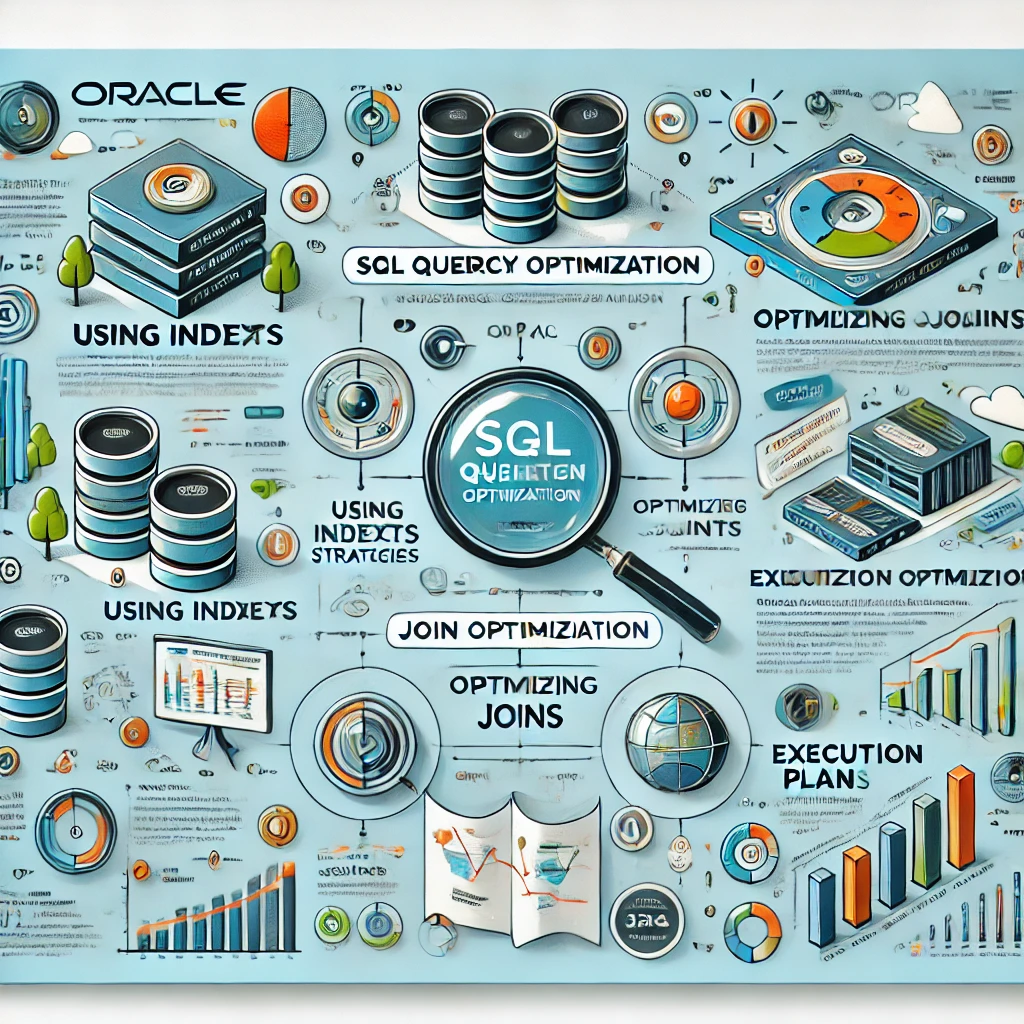Oracle vs Postgresql
When comparing Oracle and PostgreSQL, two prominent database management systems (DBMS), it's important to consider various factors such as performance, licensing, features, and community support. Here’s a detailed comparison:
1. Licensing and Cost
- Oracle: Oracle Database is a commercial, proprietary database management system. It requires a license for enterprise use, which can be quite expensive. Oracle also offers a cloud-based service, Oracle Cloud, which includes various pricing models.
- PostgreSQL: PostgreSQL is an open-source DBMS, free to use, and distributed under the PostgreSQL License, a permissive free software license. There's no cost for using PostgreSQL, even for enterprise purposes.
2. Performance
- Oracle: Oracle is known for its robust performance, especially in large-scale enterprise environments. It has advanced optimization techniques, built-in analytics, and is highly scalable. Oracle's Real Application Clusters (RAC) allow multiple instances of the database to run on different servers simultaneously.
- PostgreSQL: PostgreSQL also offers strong performance and scalability. While it may not match Oracle in extremely high-demand enterprise environments out-of-the-box, it’s highly customizable. PostgreSQL has improved significantly in recent years, and with proper tuning and hardware, it can handle large, complex workloads efficiently.
3. Features and Extensions
- Oracle: Oracle is feature-rich, offering advanced features like Data Guard, Flashback technology, advanced replication, and comprehensive data warehousing capabilities. Oracle also supports PL/SQL, a procedural extension for SQL, and has strong security features.
- PostgreSQL: PostgreSQL is also rich in features, supporting complex queries, indexing techniques, full-text search, and advanced data types like JSON and XML. PostgreSQL’s extension system is a major strength, allowing users to add new functionality, such as PostGIS for geospatial data or Citus for distributed databases.
4. Community and Support
- Oracle: Oracle has a strong global community, but most of the advanced support is commercial and provided directly by Oracle or certified partners. Oracle offers extensive documentation and paid support services, including regular updates and patches.
- PostgreSQL: PostgreSQL has a vibrant and active open-source community. There are many forums, mailing lists, and third-party companies offering support. The open-source nature of PostgreSQL means that there is a lot of community-driven innovation and quick responses to issues.
5. Data Integrity and Reliability
- Oracle: Oracle has a strong reputation for data integrity and reliability, particularly in mission-critical applications. Features like ACID compliance, high availability (HA), and disaster recovery (DR) are highly developed.
- PostgreSQL: PostgreSQL is also ACID-compliant and reliable. It is well-suited for transactional and analytical workloads. PostgreSQL’s Write-Ahead Logging (WAL) ensures data integrity and durability.
6. Ease of Use
- Oracle: Oracle’s complexity can make it challenging to set up and manage, particularly for smaller organizations or those without experienced DBAs. However, Oracle provides a comprehensive suite of tools for database administration, monitoring, and performance tuning.
- PostgreSQL: PostgreSQL is known for being more user-friendly, particularly for developers. Its configuration is straightforward, and it integrates well with various development environments. The learning curve is generally less steep compared to Oracle.
7. Market Use
- Oracle: Oracle is a dominant player in the enterprise market, particularly in industries like finance, telecommunications, and government. It’s chosen for large-scale, mission-critical applications where performance, reliability, and support are paramount.
- PostgreSQL: PostgreSQL is popular in both small and large organizations, particularly among startups, web companies, and those adopting open-source solutions. It is widely used in academic and research settings as well.
8. Cloud Integration
- Oracle: Oracle offers its own cloud services through Oracle Cloud, which is tightly integrated with its database products. Oracle also supports hybrid cloud deployments.
- PostgreSQL: PostgreSQL is supported by many cloud providers, including AWS, Google Cloud, and Microsoft Azure. Managed PostgreSQL services like Amazon RDS, Google Cloud SQL, and Azure Database for PostgreSQL make it easy to deploy and manage PostgreSQL in the cloud.
9. Migration
- Oracle: Migrating to or from Oracle can be complex due to its proprietary features and PL/SQL. Oracle provides tools for migrating data, but it often requires significant effort and expertise.
- PostgreSQL: PostgreSQL is often the target for migrations from other databases, including Oracle, due to its flexibility and the availability of migration tools like
pgLoaderorora2pg.
10. Use Cases
- Oracle: Best suited for large-scale, enterprise applications where performance, security, and vendor support are critical. Examples include ERP systems, large data warehouses, and high-availability systems.
- PostgreSQL: Ideal for applications where open-source, flexibility, and extensibility are important. Examples include web applications, startups, and academic research projects.
Conclusion:
- Choose Oracle if you need a highly reliable, high-performance DBMS with advanced features and are willing to pay for licensing and support. It’s particularly suited for large enterprises with complex, mission-critical applications.
- Choose PostgreSQL if you prefer an open-source solution with strong community support, a lower cost of ownership, and flexibility in terms of extensions and customization. It’s a great choice for small to medium-sized businesses, startups, and developers.
Both databases are powerful, but the choice between them often comes down to the specific needs of your project, budget, and team expertise.




Komentarze
Prześlij komentarz